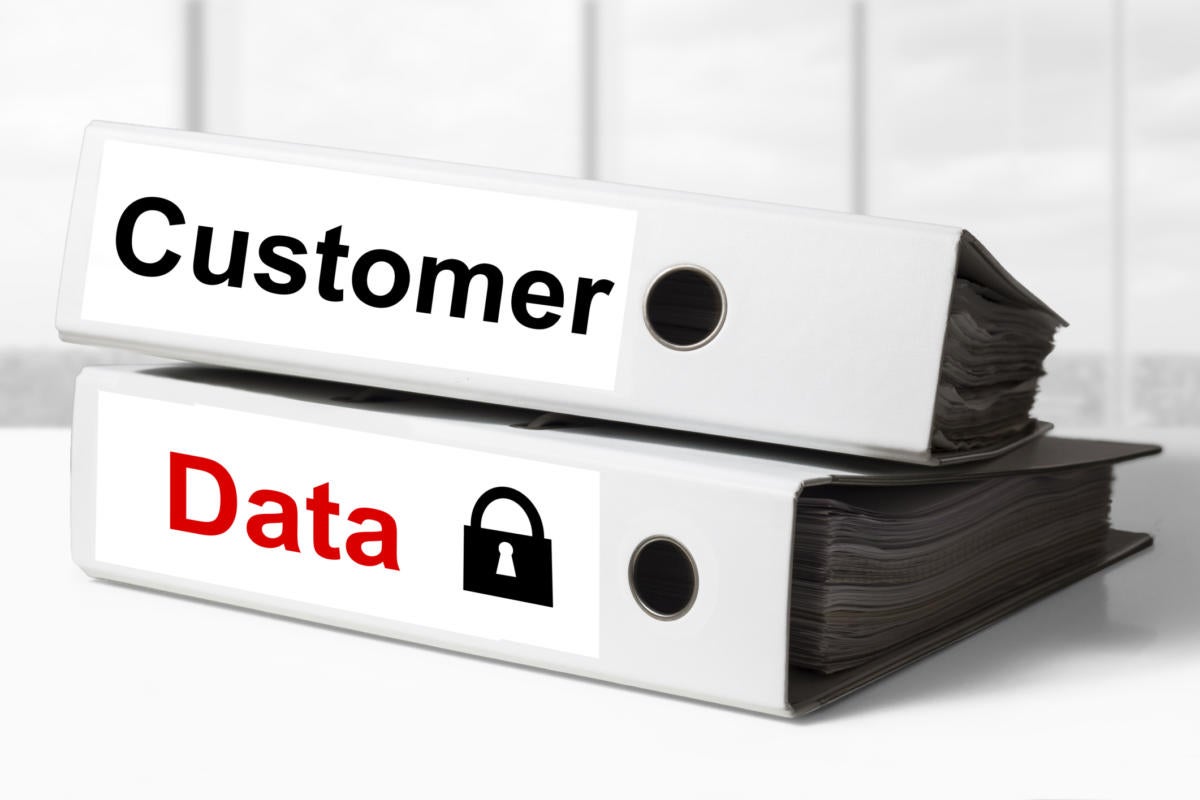There will be no lame-duck period for Tom Wheeler. The FCC chairman vowed this week to push ahead in the last months of 2016 to complete an ambitious agenda to reshape the rules governing broadband and "put a referee on the field to throw the flag on any future unjust or unreasonable activity."
In a speech at the Aspen Institute, Wheeler gave a nod to the agency's accomplishment in passing net neutrality rules, but made clear that the "network revolution" can't stop there.
"Other consumer protection items remain in progress, including giving consumers choice in the devices they use to access their pay-TV services, dealing with competitive access to essential last-mile facilities, and protecting consumer privacy rights for network-generated information," he said. The agency, Wheeler continued, intends to complete all these matters before the end of the year.
The battle for your data
Broadband providers are fighting him every step of the way, most recently in the matter of privacy rights. The FCC drafted new broadband privacy rules in March that prohibit ISPs from selling users' personal data to third parties without users giving opt-in consent to share that information. This is the same kind of privacy protection that already applies to telephone customers' data.
The proposed rules stopped short of banning two-tier broadband pricing like that deployed by AT&T in its Internet Preferences program. That pay-for-privacy model forces users to pay more for service if they wish to opt out of deep-packet inspection systems.
But Wheeler has since suggested he may be open to tightening the rules. "I would hope that privacy doesn't become a luxury item," he told The Washington Post. Opting out of AT&T's snooping could raise a customer's monthly bill by between $531 and $800 in the first year.
In response, Comcast this month urged the FCC not to ban pay-for-privacy schemes. Broadband providers, the company argued, are not charging users who want to protect their privacy, they're offering a "discount" to users who agree to be tracked. Banning that option "would harm consumers by, among other things, depriving them of lower-priced offerings."
Really? "Considering [Comcast's] business model, as that of every ISP, is to squeeze consumers like Luke in the trash compactor …[perhaps] in some boardroom, that [argument] made sense," commented Forbes.
What's at stake
As gatekeepers to the internet, ISPs have access to "enormous amounts of revealing data customers send and share online about communications, banking, health and medicine, employment, and everything in between," notes the National Consumer Law Center.
ISPs use deep-packet inspection to gather information about customers' internet habits, including what apps they use, what they search on, what websites they visit and information they enter. Internet companies buy the data and use it to serve ads based on an individual's online activities.
Prior to broadband providers being reclassified as common carriers, issues of privacy were regulated by the FTC -- which lacked the authority to establish privacy rules. The FCC's new privacy regulations aim to give internet users a measure of control over the information collected by broadband providers.
Why should you care?
Many readers will yawn at this point and ask what do a few more targeted ads matter. Even better, why not let government and law enforcement agencies use ISP-collected data to track terrorists or prosecute criminals?
For starters, as PrivacyPolicies.com notes:
If you live under an oppressive government, even seemingly innocent online activity can be very dangerous. Plus, in an era of almost-daily data breaches, assuming your information is safe with anyone is naïve at best. Even ISPs can be affected.
If you did some research on cancer warning signs, would you want your health insurance provider to know? And do you really want your boss to find out how actively you're looking for a new job? Your browsing history says a lot about you, and most of us would prefer that it stayed between us and our computer.
The FCC recommends a system of corporate accountability for data breaches and third-party misuse of customer information. It also wants mechanisms for limiting data retention and notifying users when their data has been stolen.
"ISPs must be held accountable for data breaches and must accept their responsibility to safeguard the data they gain access to make their networks work," says advocacy group Freepress. "Data brokers can and do build into each and every person's profile that individual's race, income level, sexual orientation, familiarity with English, and other categories that can be used to discriminate. These profiles can be used against internet users seeking insurance, buying medical products, or applying for loans."
"Why are you picking on us?"
Broadband providers complain that they shouldn't be singled out for privacy regulations when internet companies like Apple and Google are also vacuuming up users' data. But as the FCC has correctly pointed out, the lack of broadband competition means "a consumer's relationship with her ISP is very different than the one she has with a website or app. Consumers can move instantaneously to a different website, search engine or application. But once they sign up for broadband service, consumers can scarcely avoid the network for which they are paying a monthly fee."
The root of the matter is that broadband companies, despite having lost their appeal of net neutrality rules earlier this year, have not come around to the idea of being considered common carriers. "[They] will continue to try to milk consumers till the teat is dry," says Forbes. "Then they will break out the Shop-Vac and suck up the dust. Then charge us a premium for dust removal. Then sell our dust demographics to advertisers."
So the fight continues. As Wheeler said, "We shouldn't kid ourselves; existing in the midst of a network revolution is difficult. And when you are the agency charged with overseeing the networks that are driving the change, you're either in the frying pan or the fire."






